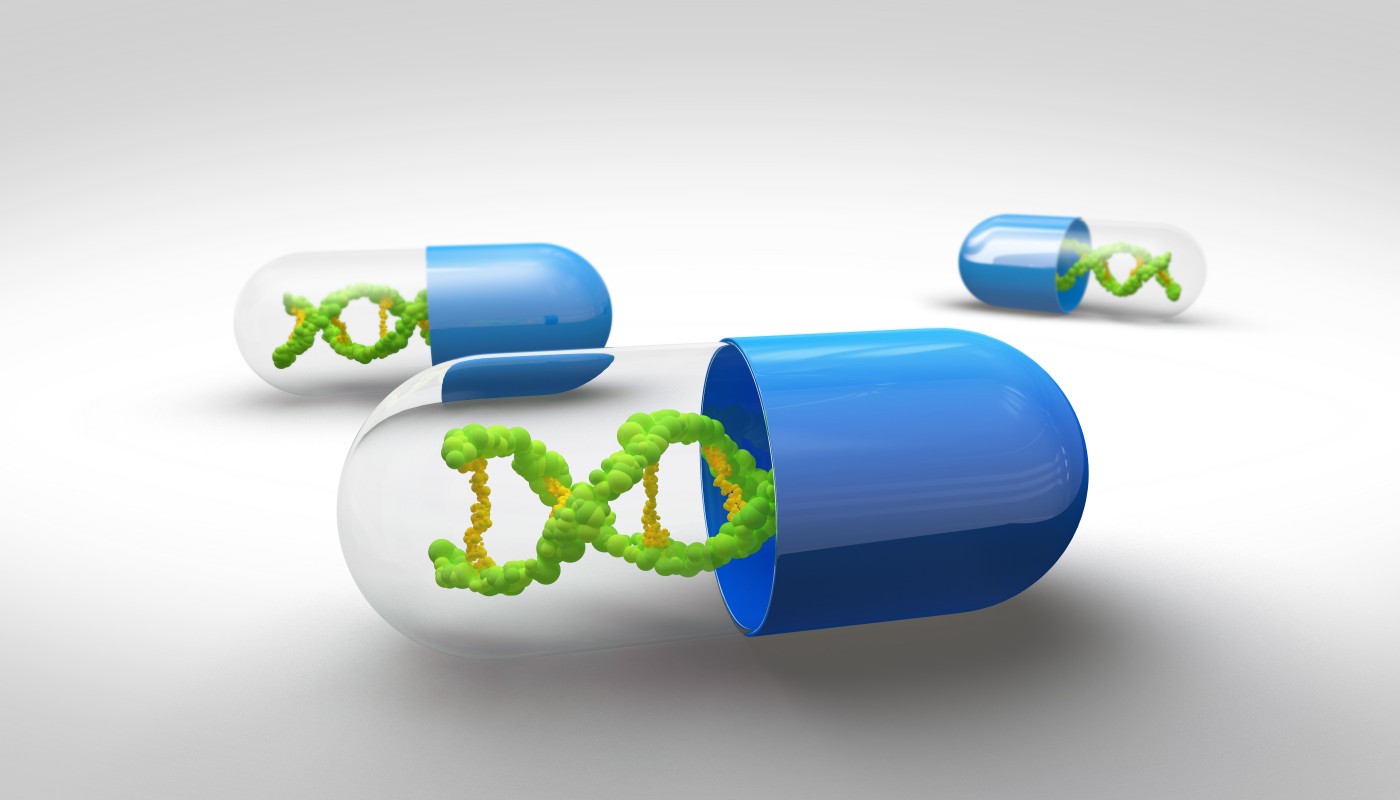New Gene Therapy for Mitochondrial Brain Disease Shows Promise in Early Cell Studies

Researchers at the University of Granada in Spain developed a new carrier system for the delivery of gene therapy to cells derived from a mouse model of Coenzyme Q10 (CoQ10) deficiency, a mitochondrial condition leading to brain damage.
The study, “Gene Therapy Corrects Mitochondrial Dysfunction in Hematopoietic Progenitor Cells and Fibroblasts from Coq9R239X Mice,“ published recently in the journal PLOS ONE, showed that the new tool, employing a virus incapable of causing disease, might be a candidate for the development of a gene therapy for patients with brain disease caused by mitochondrial dysfunction.
The brain is an organ with extreme energy demands. Despite constituting only about two percent of our body weight, it uses one-fifth of the total energy we consume each day. It is therefore not surprising to find that mitochondrial diseases affecting energy production can have an impact in the brain.
While earlier studies have shown the potential of gene therapy to manage neurological consequences of mitochondrial disease, the delivery of functional genes to the brain – an organ protected by a difficult to penetrate layer called the blood-brain barrier – presents a significant obstacle.
Gene therapy developers have long realized the potential of viruses, capable of entering cells to deliver their genetic cargo. Another approach is to use gene-manipulated forebearers of cells, such as bone marrow-derived stem cells, with a capacity to migrate into the brain like a Trojan horse where they become specialized brain cells expressing the new genes.
Both methods have reached clinical trials and the research team believes that combining the two could be a promising way of harnessing brain damage caused by mitochondrial CoQ10 deficiency.
A mouse model of CoQ10 disease resembles the human condition, but instead having a CoQ9 deficiency. The team isolated embryonic fibroblasts and blood-marrow derived stem cells from the mice, allowing specifically engineered viruses carrying the Coq9 gene to enter the cells.
The study showed that the cells started producing CoQ9 protein, restoring the synthesis of other Coenzymes needed in the metabolic pathway. The newly acquired protein production also repaired the function of mitochondria and improved the general health of the cells.
The positive results from the experiments showed that the system is ready to be tested in live animals before potential human applications can be considered.






